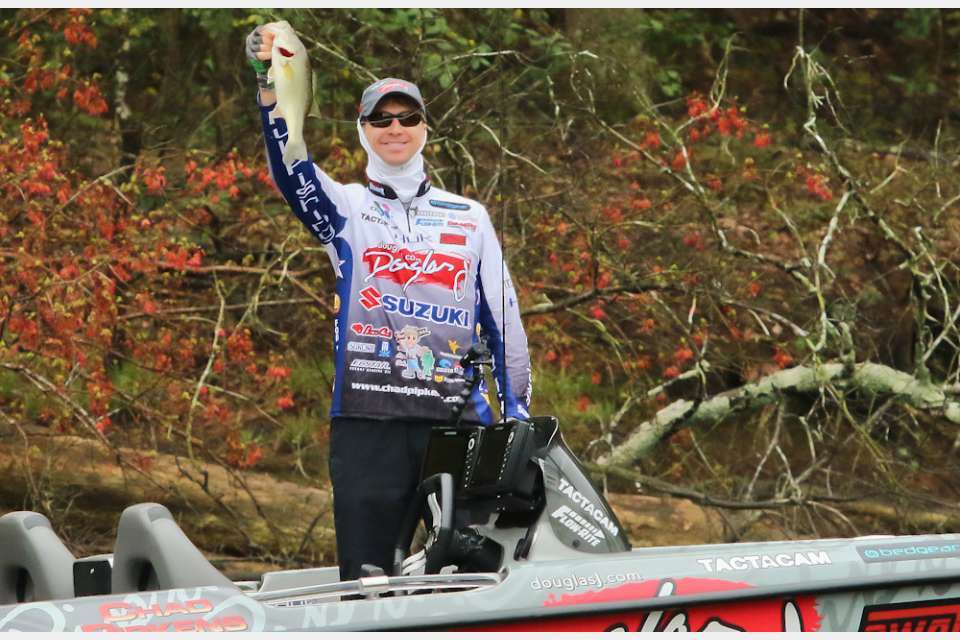
âOne of the biggest challenges in fishing is youâve got to have time and money, and itâs tough to have both,â he said.
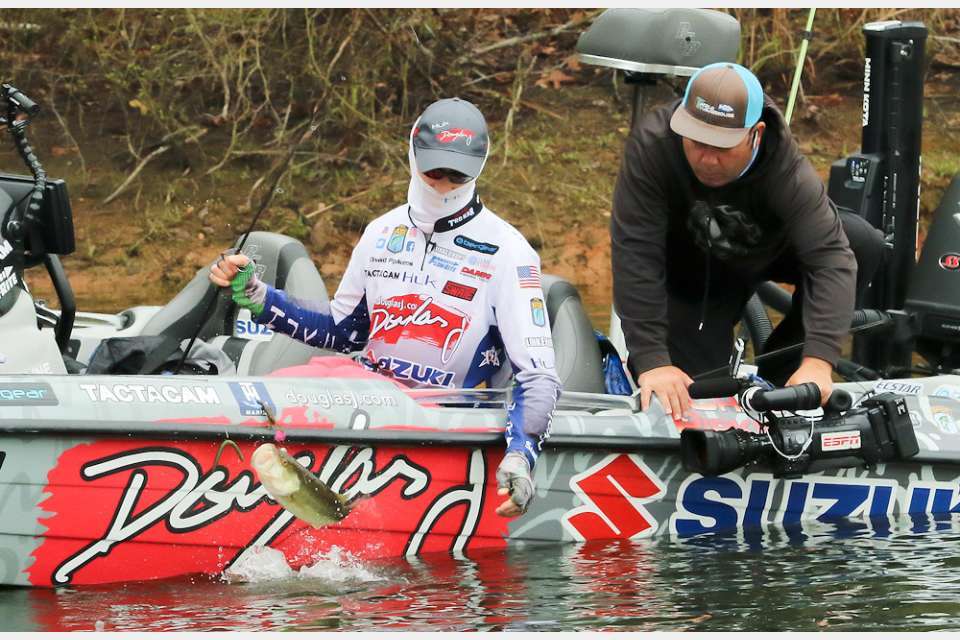
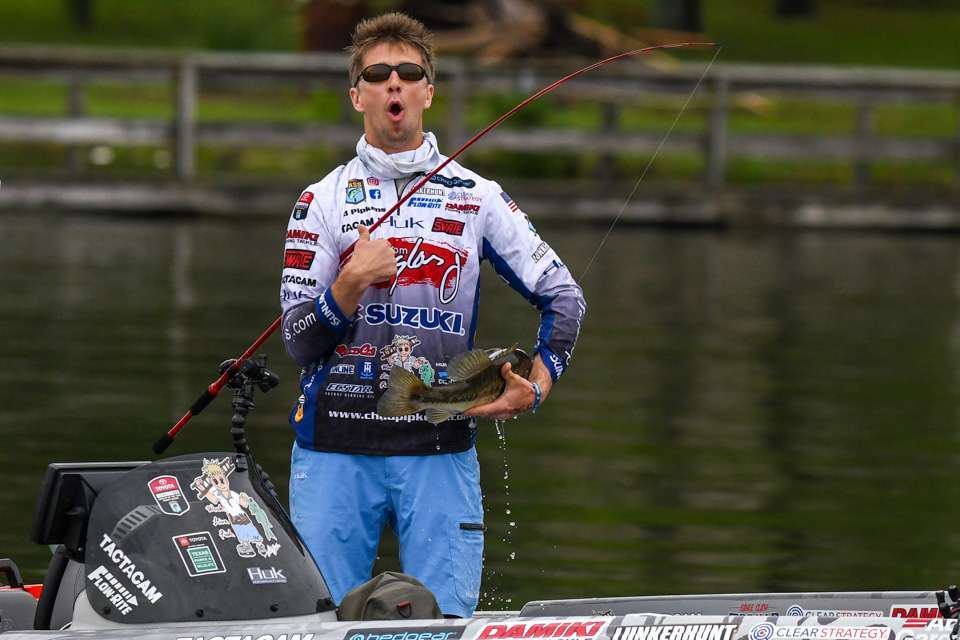
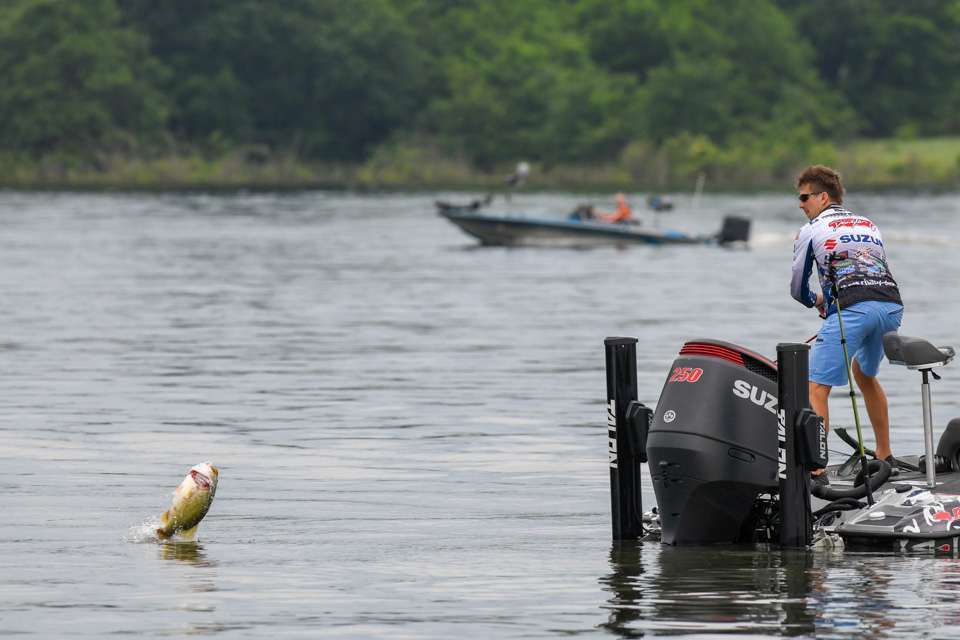
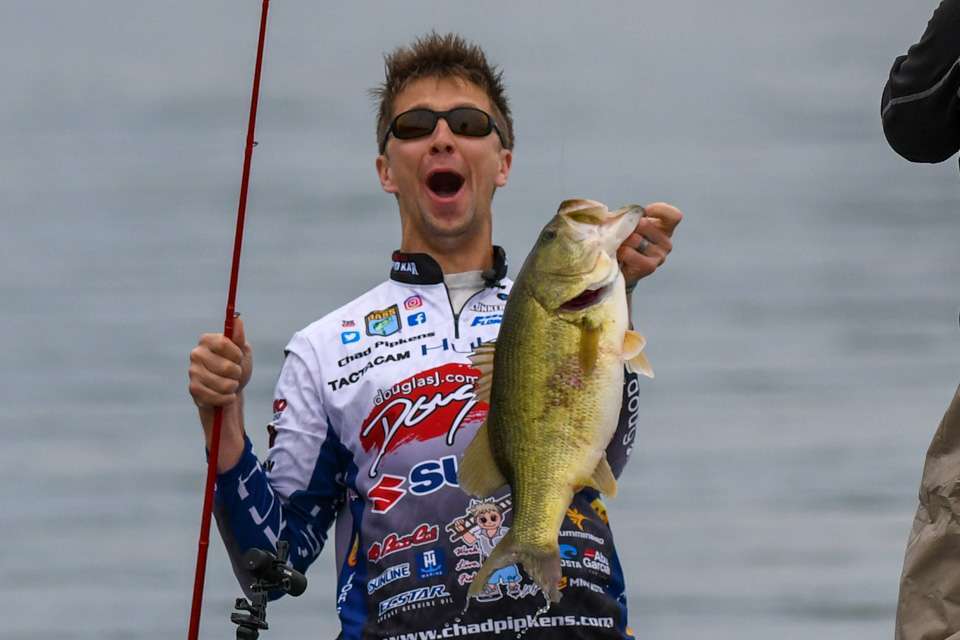
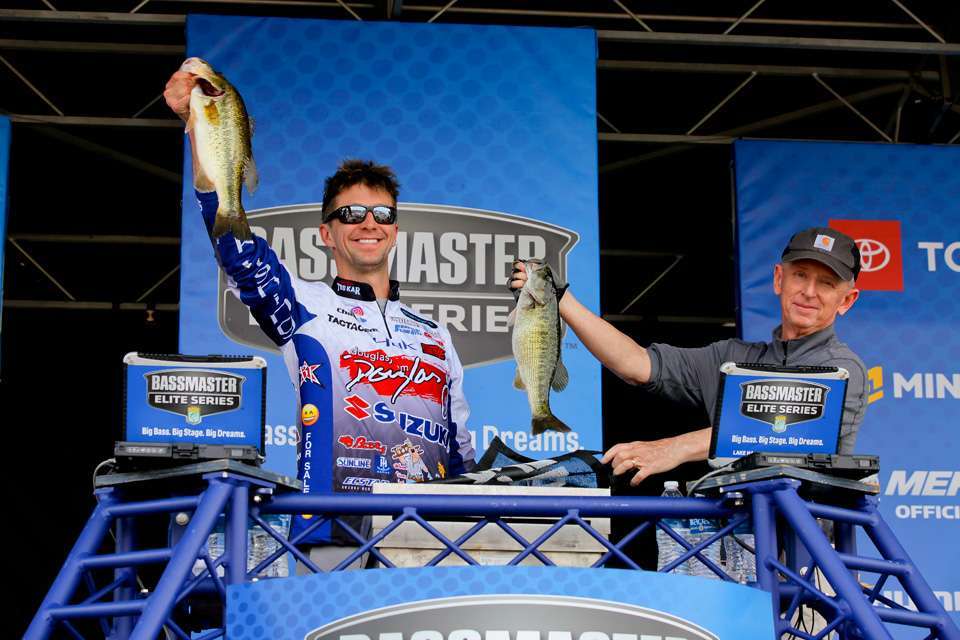
In addition, he bought a house and rented it out for $350 a month while living with his parents until age 30. âYeah thatâs right – at home with mommy and daddy and I wouldnât have had it any other way. Thatâs how you get ahead.â
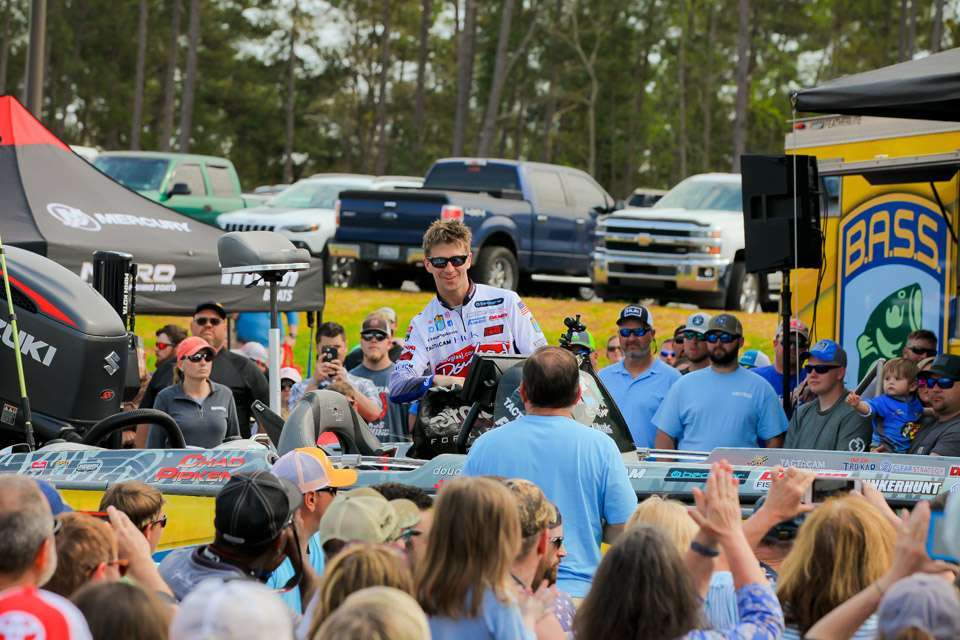
Pipkens married his wife, Melanie, a year and half ago and still has his paint company. âI had no problem struggling to save money when I was single, but never wanted a family member to struggle because of me.â
